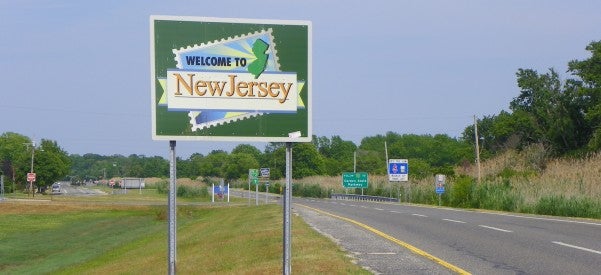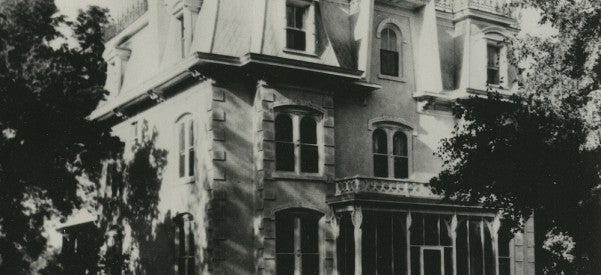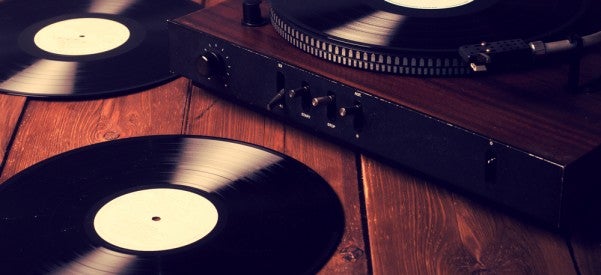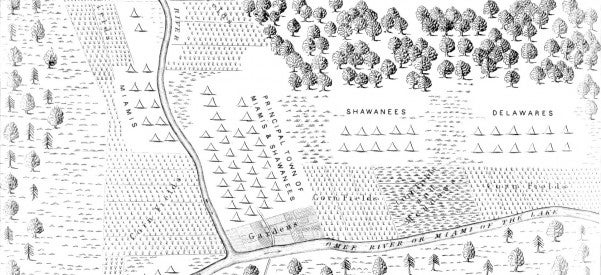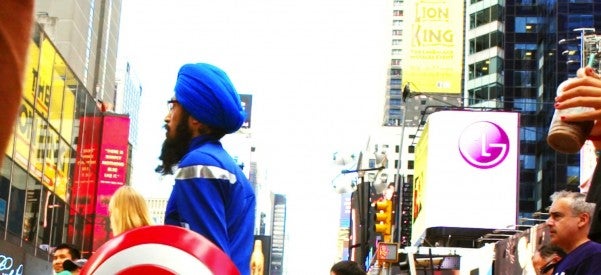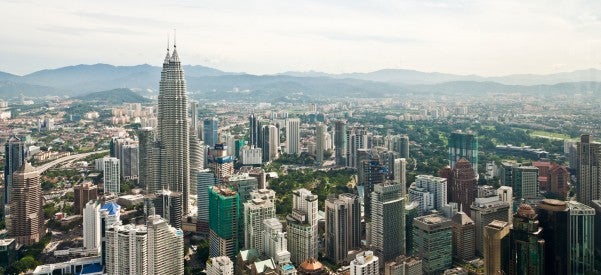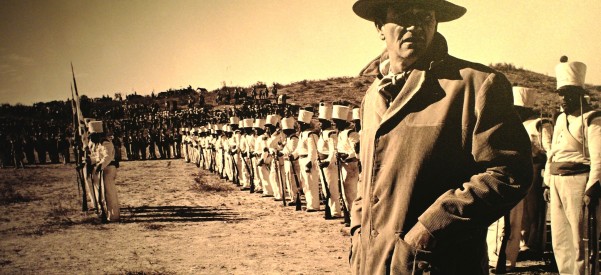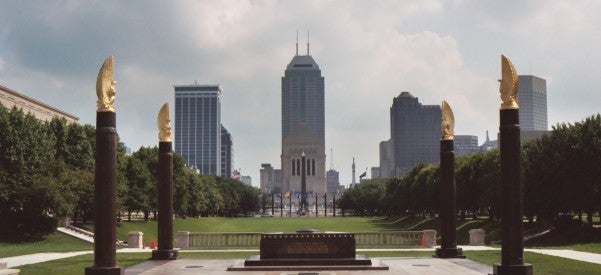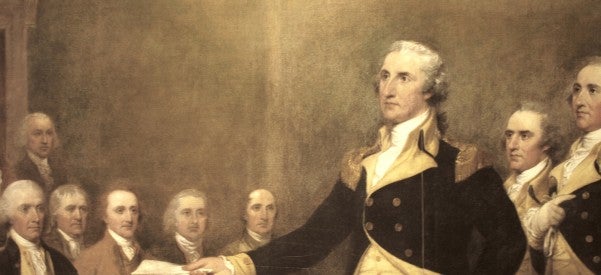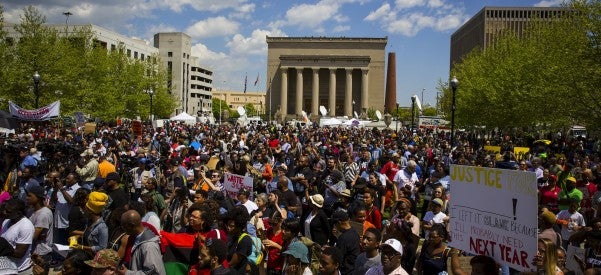I Heart N.J.
Call It Smelly. Call It Sleazy. Call It the Armpit of America. To Me, It's Home.
I’m sitting in a circle during the second week of my freshman year of college, listening to everyone perform the introductions that have become comically commonplace: name, hometown, dorm. It’s routine until someone farther down the circle, some five bodies away, says he’s from New Jersey. I break into a smile, then catch his eye. I do the only thing I can think to do to commemorate this moment of commonality—I lean across two people to my right, raising my …


